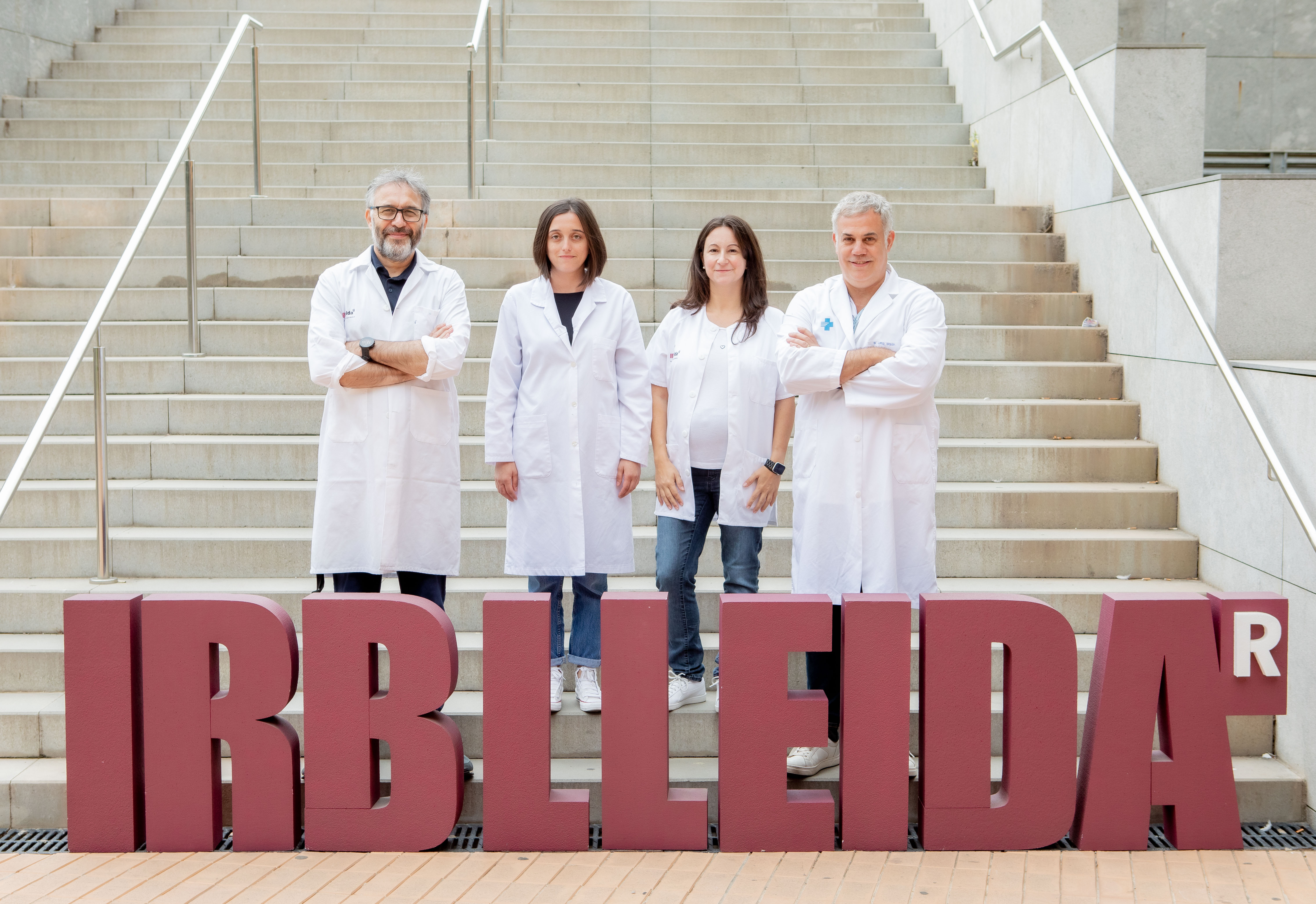Drosophila disease models and (epi)genetic analysis

The objectives of the research carried out by our group focus on the following strategic lines:
- Leverage our model of metastatic colorectal cancer in Drosophila to understand the basic mechanisms underlying the first steps of the metastatic cascade.
Our group has developed a metastatic model of colorectal cancer (CRC) based on the induction of the epithelial to mesenchymal transition (EMT) in primary tumour cells of the adult gut of Drosophila. Since Drosophila does not have a closed circulatory system, we define metastases as the ability of tumor cells to spread outside the primary tumor and generate macroscopic secondary tumors in distant regions. This model, named ApcRasSna, is the first model described in adult Drosophila where fully grown macroscopic secondary tumors can be observed in live flies. The lab is taken advantage of the powerful Drosophila genetics to:
- Perform genetic screenings aimed to identify key players in the initial steps of metastasis and characterize their role in the process.
- Introduce our models of colorectal cancer in Drosophila as a new step in the preclinical analysis of therapeutic compounds.

- Genetic and epigenetic analyses of complex traits
Since January 1995, our research group has been dedicated to study how genetic and epigenetic variations affect complex diseases. Our interdisciplinary team, uses molecular genetic techniques and bioinformatic approaches to decipher the role of variability in different phenotypes, including both, genome wide and candidate gene approaches.
Within this line of research, the group has worked for a long time in the study of the genetic variability of the Vitamin D Receptor and its role in the susceptibility to infection by the HIV virus and the clinical progression to AIDS. We also participate in COVID-19, Alzheimer and autism spectrum disorder studies.
The group is leading the "GENPIR" project that aims to characterize the recent history of the populations of the Catalan Pyrenees, studying the genetic variability of its inhabitants. This geographical area, with a unique orography, has been an important transit zone in historical times, which could have left distinctive signs in the genetic composition of its population, detectable if massive genetic data is used.
Recently, the group has started investigating the genetic and epigenetic basis of cancer including pancreatic cancer among other cancer types. Nowadays, this is centered in a translational research line focused in developing a new method for the adequate diagnosis of pancreatic cancer through the identification of epigenetic biomarkers.
Finally, the group also works actively in the development of wet laboratory methods and bioinformatic tools such as PRScomp.






